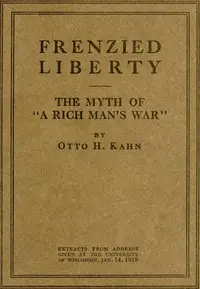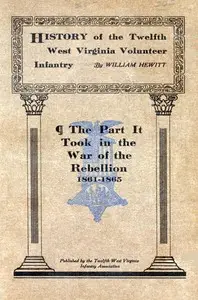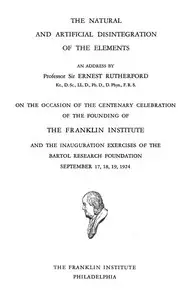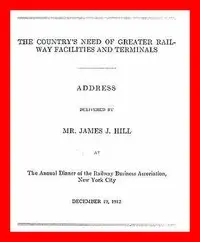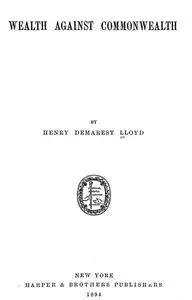"Government Ownership of Railroads, and War Taxation" by Otto H. Kahn is a critical address delivered at the National Industrial Conference Board in New York, likely during the early 20th century. This book discusses the implications of government ownership of railroads and the taxation policies in the context of World War I. Kahn provides insights into the effects of paternalistic regulation on the efficiency of railroads and critiques the war taxation system, suggesting that it may unfairly burden businesses and inhibit economic growth. In his address, Kahn uses metaphors to illustrate the relationship between the government and railroads, likening it to a parent-child dynamic where the government’s heavy-handed control has stunted the growth of individual enterprise in the railroad sector. He argues against excessive regulation and State control, highlighting historical evidence from Europe where government ownership often led to inefficiency and decline in service quality. He suggests that a balanced tax structure is necessary to promote economic growth and equity, advocating for tax policies that incentivize rather than penalize business success. Ultimately, Kahn calls for a reconsideration of how railroads and industries should be managed in the context of national interests post-war. (This is an automatically generated summary.)

Government Ownership of Railroads, and War Taxation
By Otto H. Kahn
"Government Ownership of Railroads, and War Taxation" by Otto H. Kahn is a critical address delivered at the National Industrial Conference Board in N...
Genres
Released
2009-07-22
Formats
epub (images)
epub3 (images)
mobi (images)
mobi
epub
Free Download
Overview
About the Author
Otto Hermann Kahn was an American investment banker, collector, philanthropist, and patron of the arts. Kahn was a well-known figure, appearing on the cover of Time magazine and was sometimes referred to as the "King of New York". In business, he was best known as a partner at Kuhn, Loeb & Co. who reorganized and consolidated railroads. In his personal life, he was a great patron of the arts, where among things, he served as the chairman of the Metropolitan Opera.
Total Reviews
10.0k
Total reviews from Goodreads may change





